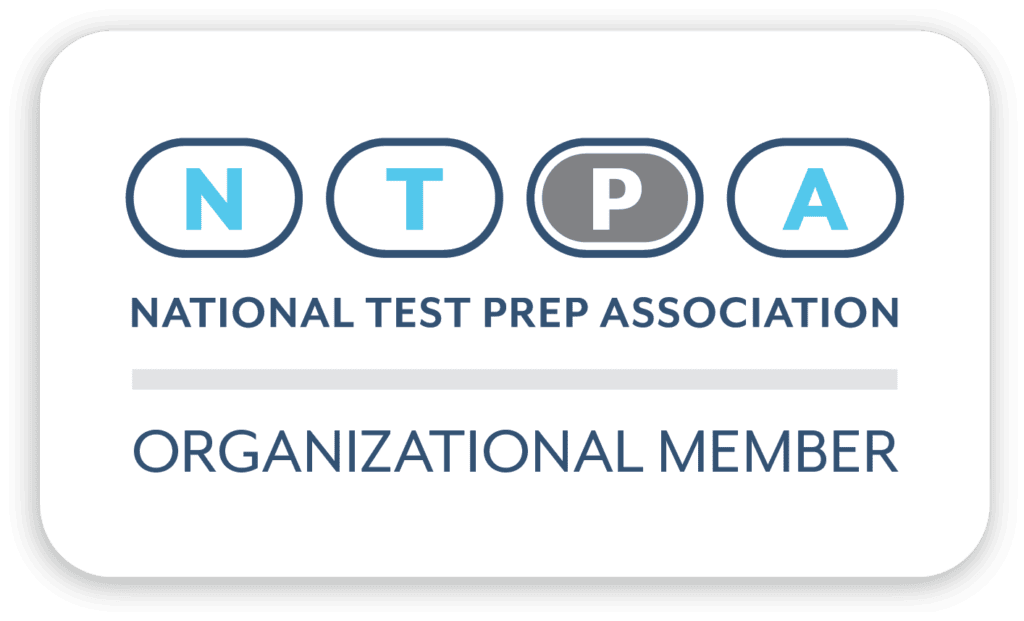How do you pick the right university for your unique learner? There are many factors to consider during your college search beyond just academics, especially for students who may have unique learning profiles. It’s often not about whether you can find a college – it’s about choosing the right college for your student’s needs.
Legislative mandates do require colleges and universities to accommodate all disabilities and learning differences, but the reality is that some excel – while others only meet minimum requirements. Does your student need basic support or more formal structures and learning programs? It can be difficult to figure out what will be best for your unique learner as they set out on a new chapter of their lives. We spoke with Eric Endlich, Ph.D., of Top College Consultants, who dives into the many ways unique learners can find the appropriate accommodations in college – and what questions they and their families should ask during their college search.
Where Does Your Student Visualize Themself?
Many families worry that their high schooler will not receive the support they need to thrive in college. As a result, families might be tempted to seek out schools that offer extensive help for unique learners. While families do need to consider what level of support is right for their student, it is just as important to consider where that student will be happiest.
Your student is so much more than the challenges they experience. One of the best parts of a college experience is that it will allow your unique learner to make choices and to explore their strengths, interests, and weaknesses in an environment that will help them to thrive.
When planning for college, it’s important to allow your student to really think about who they are, who they want to be, and where they see themselves being most successful.
Consider discussing the following questions together:
- Do you want to stay near home, or move elsewhere?
- Do you envision yourself in an urban, suburban, or rural setting?
- Do you want to go somewhere similar in size to your high school? Bigger? Smaller?
- Is a sports-centered school a good match?
- Is there a co-op program you’d like to take part in?
- What kind of social atmosphere are you looking for?
These questions can be great jumping-off points to help your student narrow down their choices when thinking about potential schools.
Availability of Services
Many colleges offer a wide range of support for unique learners. Regardless, it’s important to keep in mind that the American Disabilities Act applies to universities. That means that if a student receives accommodations, they will likely be able to receive those same accommodations in college, too, as long as their paperwork is up-to-date. Colleges have a legal requirement to provide accommodations, and it is important that students and their families understand what accommodations they are eligible to receive.
While all colleges are bound by the ADA and must provide accommodations, some schools have additional special programs for students who learn and think differently. There are also two schools that specialize in supporting students with learning differences: Beacon College in Florida and Landmark College in Vermont.
So, how do you find the college that will best support your student? Determining the level of support your learner needs is key, Dr. Endlich advises. Start by exploring each school’s Office of Disability Services page on its website. Identify which schools might be a good fit based on your student’s academic profile, then consider which majors your student wants to pursue and go from there.
What To Ask When Touring Colleges
When you’re doing a college tour, make an appointment ahead of time with the Office of Disability Service, and ask specific questions about accommodations and support systems that are relevant to your student.
College faculty will not necessarily know your student’s learning style unless you choose to share that information. This means that it is especially important to ask the right questions during the campus tour to ensure your student is making the right choice.
While a standard campus tour is a great way to get a sense of the campus, classes, and extracurriculars, it may not address issues that are crucial to your student, and many tour guides may only be able to answer your questions about services with vague, general answers.
“You may want to drill down deeper than that,” Dr. Endlich says. Questions to ask include:
- How long has this program been around?
- What is the background of the staff that works in this department and will be helping my student?
- What are typical accommodations students at this college may receive?
- How many students do you serve?
- Here are the accommodations my student currently receives. Can they receive these same accommodations in their college classes?
There are many accommodations for students that may not be relevant in high school but are crucially important in college. A common topic that comes up for Dr. Endlich relates to housing: is a particular student eligible for a single room in the dormitory?
For more guidance about which questions to ask during a campus tour, visit the Top College Consultants website.
Challenges Of Going To College
Going off to college comes with its own set of challenges. For many students, it can be overwhelming, exciting, and complicated to live life on their own for the first time. In addition to academics, you and your student need to weigh the pros and cons of different college environments.
Finding community at school is crucial to your student’s successful experience. It can also help them find the right balance between managing personal responsibilities, managing their academics, and managing their social life. A strong sense of community can also create a built-in support system for when things get tough, academically or otherwise.
How can you determine if a certain college environment is a good fit for your student? Consider the following tips:
- Take a visit to campus while classes are in session to see whether your student feels at ease there.
- Look at the list of clubs and extracurricular activities on the school’s website and identify a few together that might interest your student.
- Consider the different housing options available and see which ones sound most appealing.
- Encourage your student to participate in a weekend sleep-over visit to the school (keep in mind: only some schools offer these).
It is helpful to try to get a feel for whether your student will be able to find others with shared interests before even visiting, but there’s no substitute for setting foot on campus.
Finding the right fit is very important, in part because the wrong environment can cause a student to withdraw socially and even keep them from attending classes or events that would otherwise excite them. The strong sense of community that comes from a campus environment in which your student feels seen, heard, understood, and valued can make all of the difference in helping them to successfully make the transition to college.
Key Takeaways
Remember that finding the right college for your student is a collaborative project. When first starting the college search, start by sitting down with your student to discuss what type of environment they see themselves in – and what type of support they need. The key is to seek out an atmosphere where your unique learner is most comfortable and motivated, while ensuring that they have a network of support systems that will help them to thrive.
If you are seeking support in finding the best school for your unique student, Top College Consultants is an excellent resource with a long track record of helping students and families find their perfect school.






